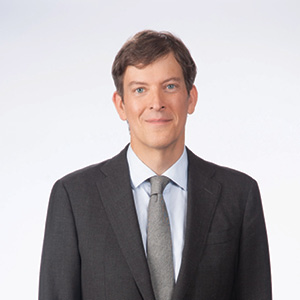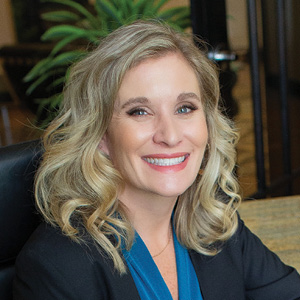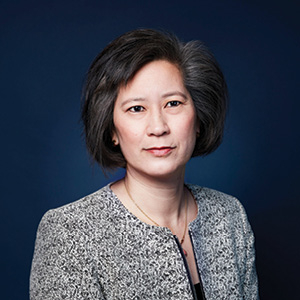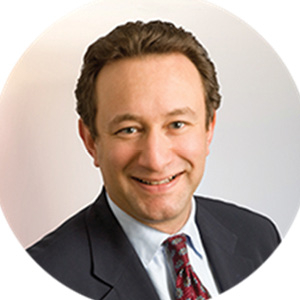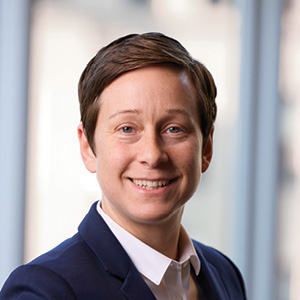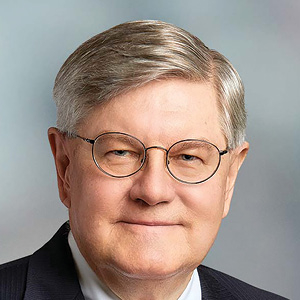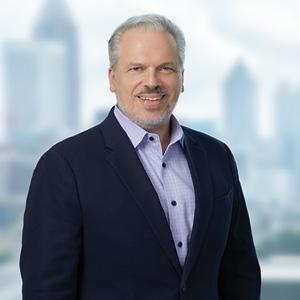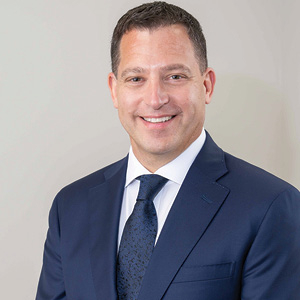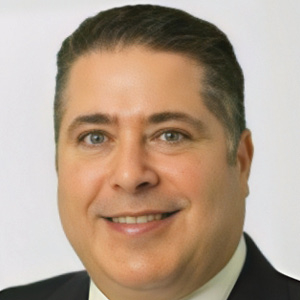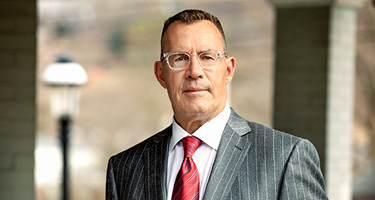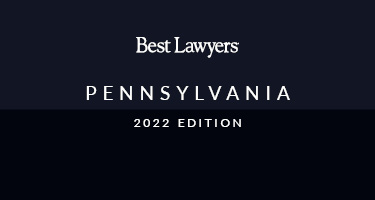Since 1982, Wendelynne J. Newton has worked as a full-time attorney for Buchanan Ingersoll & Rooney in Pittsburgh, Pennsylvania, currently acting as a shareholder under her firm’s Litigation Section as well as taking on the role of Chair of the Antitrust and Trade Regulation Practice Group. Newton also serves on her firm’s Executive Management Team, becoming the first woman elected to hold such a position.
With nearly 40 years of state law experience, Newton has also found success litigating a variety of health care law related matters on a federal level, disputing cases involving both the Department of Justice and Federal Trade Commission. Listed with Best Lawyers® since 2005, Newton is currently being recognized as a 2022 “Lawyer of the Year” for Litigation – Health Care in Pittsburgh.
About her work, Newton stated: “I believe that this recent Best Lawyers recognition, which I very much appreciate, is based on a cumulative result of my years of work, including antitrust, litigation, M&A and counseling, and my reputation in the Pittsburgh area. I am active in healthcare antitrust, having the privilege to represent many healthcare organizations, here and across the county. A recent litigation involving dental scanners just settled. FTC, DOJ and AG investigations and subsequent litigation continue and have recently concluded. The healthcare transactions for which I have navigated litigation or threatened litigation are definitely highlights. But at the end of the day, the biggest highlight for me is that clients—both existing and new—entrust me to help solve some of their most complex issues. I am honored to serve them.”
“Right now, there is continual pressure on healthcare providers to do more, be more. Clinically integrated networks continue to increase, as do mergers and acquisitions among healthcare providers. There is pressure to vertically integrate, to combine the provider and insurance side of healthcare delivery. As a result, competing healthcare providers are turning to litigation—private and with/through the government—to pursue a competitive advantage, which heightens the stakes. When assisting clients in healthcare-related matters, that overlay, that extra tension, is ever present, causing immediate pressure to achieve goals in the short term.”
In addition to representing her clients through a variety of healthcare disputes, Newton has also served on a number of nonprofit boards in the Pittsburgh community and for 10 years has worked as an adjunct professor in healthcare and antitrust law at the University of Pittsburgh School of Law, her alma mater.
Newton continued: “Litigation prompts me to think strategically. Achieving a particular result in litigation includes considering all the available options, predicting what a court—or opponent—might do, taking into account the client’s goals and then planning a strategy. And as the law has become more complicated—both in terms of substance but also process—the challenges are greater. You must see the ancillary issues along with the core disputes in the litigation. I believe I have the ability to see the bigger picture and the hidden/ancillary issues, and that is rewarding.”


